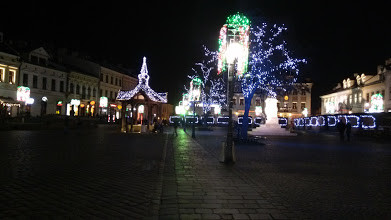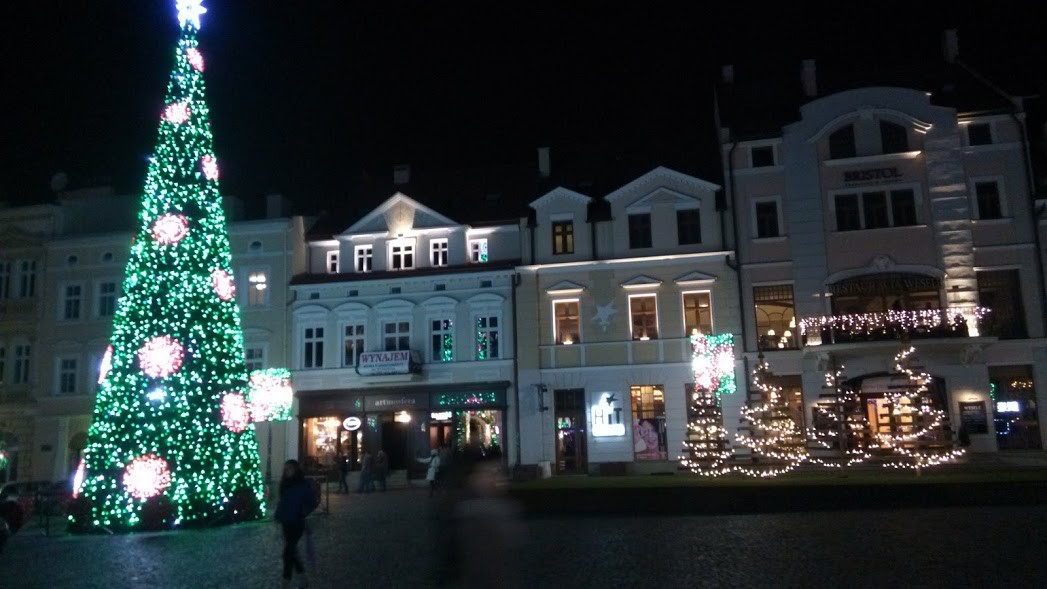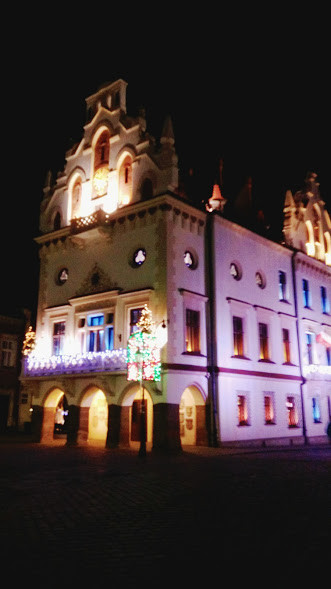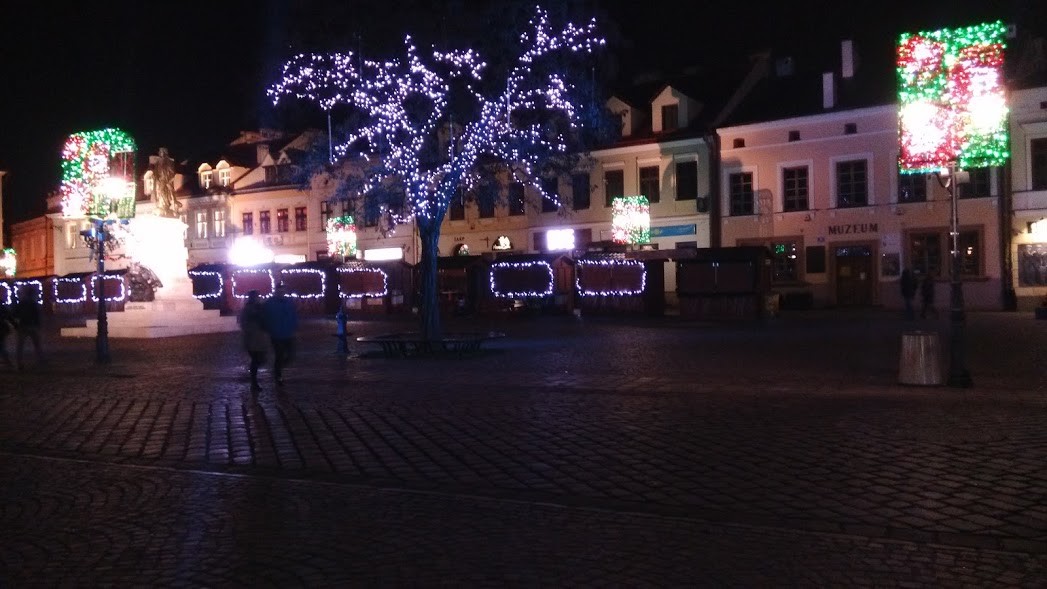Polish speaking guide 12
- key structures used when answering the question gdzie? (where?)
mieszkać w (+ locative) - to live in/on
mieszkać w Polsce (in Poland), w Warszawie (in Warsaw), w Centrum (in the centre), w akademiku (in/at a student hall), w domu (at home)
mieszkać na (+ locative) - to live in
mieszkać na/przy ulicy Kruczej (on Krucza Street), na/przy ulicy Hożej (on Hoża Street ), mieszkać na Mokotowie (in Mokotów), na Pradze (in Praga)
pracować w (+ locative) - to work in/at/for
pracować w firmie „M&S” (for the company "M&S"), w pubie (in a pub).
- key structures used when answering the question z kim? (with whom?)
mieszkać z (+ instrumental) - to live with
mieszkać z mamą (with (one's) mom), z bratem (with (one's) brother), z rodzicami (with (one's) parents - z rodzicami is an instrumental plural form)
rozmawiać z (+ instrumetal) - to talk to/with
rozmawiać z kolegą (with a friend), z klientem (with a client)
spotykać się z (+ instrumental) - to meet with
spotykać się z koleżanką (with a friend), z chłopakiem (with a boyfriend)
- key structures used when answering the question czym? (what?)
zajmować się (+ instrumental) - to deal with
zajmować się logistyką (with logistics), marketingiem (with marketing), kulturoznawstwem(with cultural studies)
- key structures used when answering the question co? (what?)
mieć (+ accusative) - to have
mieć czas (to have time), mieć wolne (to have time off)
In Polish, verbs are accompanied by specific prepositions which require the use of nouns in specific cases, e.g.:
- w (in/at) goes with the locative - mieszkać w Polsce (to live in Poland), pracować w pubie(to work in a pub);
- z (with) (as in z kim? with whom?) goes with the instrumental - pracować z kolegą (to work with a colleague), rozmawiać z klientem (to talk with a client).
In certain cases, some verbs accompany nouns without any prepositions, e.g.: zajmować się logistyką i kulturoznawstwem (to deal with logistics and cultural studies), mieć wolne (to have time off).
When used in the singular locative, the majority of nouns in all three genders end with an -e. This results in a softening of the preceding consonant:
pub : w pubie (pub : in a pub)
szafa : w szafie (wardrobe : in a wardrobe)
film : w filmie (movie : in a movie)
kino : w kinie (cinema : in a cinema)
Europa : w Europie (Europe : in Europe)
Warszawa : w Warszawie (Warsaw : in Warsaw)
Kraków : w Krakowie (ó : o) (Cracow : in Cracow)
prasa : w prasie (press : in the press)
praktyka : w praktyce (k : c) (practice : in practice)
internet : w internecie (t : ci) (Internet : on the Internet)
teatr : w teatrze (r : rz) (theatre : in/at the theatre)
Praga : w Pradze (g : dz) (Prague: in Prague)
szkoła : w szkole (ł : l) (school : in/at school)
Some masculine and neuter nouns end with -u:
- All nouns ending with -ń, -ź, -dź, -ć, -ś, -l, -c, -cz, -sz, -ż, -dz, -dż, or –k, -g, -ch:
dzień : w dniu
tydzień : w tygodniu
miesiąc : w miesiącu
rok : w roku
Paryż : w Paryżu
hotel : w hotelu
blog : w blogu
dom : w domu
- Some nouns ending with -w may also end with -u when in the singular locative:
Wrocław : we Wrocławiu
An -i/-y ending is used with some feminine nouns only:
- feminine nouns ending with -ń, -ź, -dź, -ć, -ś and -l end in the singular locative with -i:
przyjaźń : przyjaźni (friendship)
gałąź : gałęzi (branch)
miłość : miłości (love)
kontrola : kontroli (control) - feminine nouns ending with -nia end in the singular locative with -ni:
kuchnia : kuchni (kitchen)
drukarnia : drukarni (print shop)
księgarnia : księgarni (book shop)
Words of foreign origin ending with -nia may also take the -nii ending in the singular locative:
Dania : Danii (Denmark)
kampania : kampanii (campaign) - feminine nouns ending with -cja and -zja end in the singular locative with -cji and -zjirespectively:
Grecja : Grecji (Greece)
atrakcja : atrakcji (attraction)
Tunezja : Tunezji (Tunisia)
telewizja : telewizji (television) - feminine nouns ending with: -c, -cz, -sz, -ż, -dz and -dż end in the singular locative with -y:
ulica : ulicy (street)
mysz : myszy (mouse)
loża : loży (lodge)
władza : władzy (authority)
Kambodża : Kambodży (Cambodia)
Nouns ending with -um are of neuter gender and do not inflect in the singular, e.g. muzeum, solarium, akwarium, Monachium.




Photo gallery
Want to have your own Erasmus blog?
If you are experiencing living abroad, you're an avid traveller or want to promote the city where you live... create your own blog and share your adventures!
I want to create my Erasmus blog! →








Comments (0 comments)